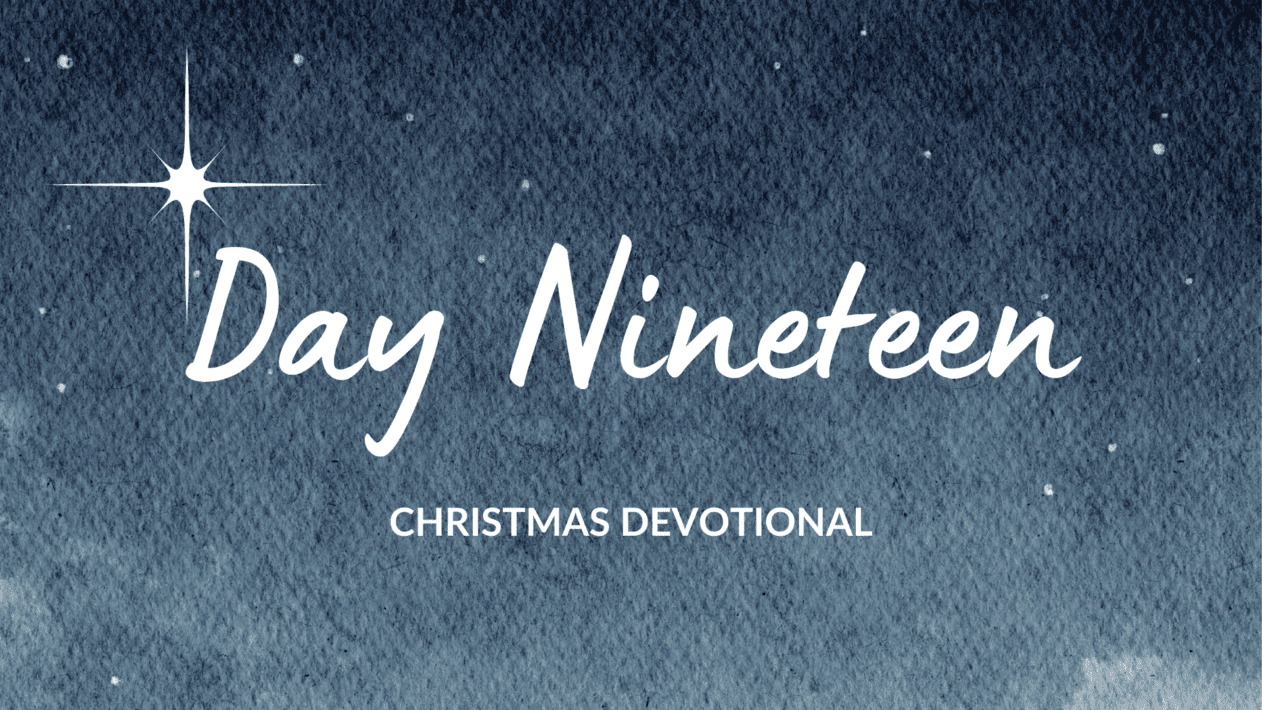Who was this king?
2 Corinthians 8:9
In the summer of 2003, I had the great privilege to visit one of the most beautiful cities in the world, Prague, the capital of the Czech Republic. In the Old Town near Prague Castle stands an imposing bronze statue of a warrior on a horse. It is Wenceslaus, whom the Bohemians view as their “patron saint,” and who is well-known as the subject of John Mason Neale’s Christmas carol “Good King Wenceslaus.” Many American Christians know the song and hear it sung every Christmas, but few know the story of this man of God.
Wenceslas was born around 907 in the castle of Stochov near Prague. At some point in history the castle was destroyed. However, there remains an oak tree in that place which was supposedly planted by his godly grandmother Ludmila when Wenceslas was born. Legend has it that his nannies watered the tree with his bath water, which supposedly made the tree strong and ready for long life. The church Wenceslas attended also exists today.
At first Wenceslas was raised by Ludmila, who was committed to the Christian faith. Then, when he was about 13 years old, his father died, and Wenceslas succeeded him as duke. Because he was too young to rule, his mother, Drahomira, became regent. Drahomira was opposed to Christianity and used her new power to persecute followers of Christ. She refused to let Wenceslas see Ludmila because she was afraid they would scheme to overthrow her. Not long after Ratislav’s death, Ludmila was murdered at Tetin Castle—strangled, it is said, at Drahomira’s command.
“He was best known for his kindness to the poor, as depicted in later verses of the carol. He was especially charitable to children, helping young orphans and slaves.”
But the loss of his grandmother did not stop Wenceslas from seizing power. At the age of 18 he overthrew his mother’s regency, just as she had feared, and began to rule for himself. Wenceslaus was a stern but just monarch, and he stopped the persecution of priests and tamed the rebellious nobility. He was best known for his kindness to the poor, as depicted in later verses of the carol. He was especially charitable to children, helping young orphans and slaves.
Many of the Bohemian nobles resented Wenceslas’s attempts to spread Christianity, and were displeased when he swore allegiance to the king of Germany, Henry I. The duke’s most deadly enemy proved to be his own brother, Boleslav, who joined the nobles who were plotting his brother’s assassination. He invited Wenceslas to a religious festival and then attacked him on his way to mass. As the two were struggling, Boleslav’s supporters jumped in and murdered Wenceslas. “Good King” Wenceslas died on September 20, 929. He was in his early twenties and had ruled Bohemia for five years. Today he is remembered as the patron saint of the Czech Republic.
The words to the carol “Good King Wenceslas” were written by John Mason Neale and first published in 1853. In the carol, Wenceslaus looks out from his comfortable castle and sees a poor struggling peasant out during a snowstorm on the feast of Stephen (December 26). He and a page leave their castle to bring food and pine logs to the peasant, and as the wind grows more intense and the night grows darker, the page fears that he may collapse in the snow. Wenceslaus tells the page to follow his steps, which, miraculously, warm the page’s freezing feet. The godly ruler and the page complete the trip to the peasant’s home safely.
There is no historical record of this event, but it is consistent with the character of Wenceslaus. It is also a beautiful picture of the humility of Christ, who “though he was rich, yet for our sakes became poor, so that we, through his poverty might become rich.” As Wenceslaus looked out on the snowy field from his comfortable castle perch, so Christ looked out on a sinful world from His heavenly throne. As Wenceslaus ventured forth into darkness and cold to minister to the needs of the peasant, so Christ took on a human body to save us from sin. However, the sufferings of Wenceslaus and those of Christ cannot be compared. Neither can the blessings of those who received Wenceslaus’s benevolence be compared with those who received Christ’s gifts.
May the Lord richly bless your celebration of his Advent. May his example (and that of Wenceslaus) motivate you to give sacrificially to the physically and spiritually needy.





